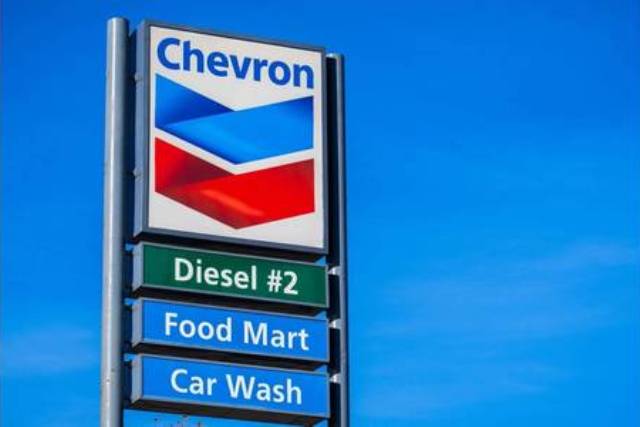In a recent securities filing, it has been revealed that Chevron’s CEO, Michael Wirth, received a substantial pay increase in 2023, reaching $26.5 million, marking a notable 12.2 percent boost from the previous year. This surge in compensation has sparked attention due to its contrast with the median pay raise for the company’s employees, Reuters news report said.
The disclosed figures illuminate a growing disparity between executive compensation and that of Chevron’s workforce, consisting of 45,511 employees. While Michael Wirth’s earnings saw a significant uptick, the median annual compensation for Chevron employees both domestically and internationally rose to $175,673, an 8.7 percent increase from the prior year. Comparatively, in 2022, workers experienced a 12 percent decrease in median compensation, while Michael Wirth’s pay rose by 4 percent.
Wirth’s increased compensation is partly attributed to Chevron’s proposed $53 billion acquisition of oil producer Hess, which has been viewed favorably by the board as a strategic move to bolster the company’s portfolio. However, the acquisition is currently pending regulatory approval and faces scrutiny from rival Exxon Mobil in an arbitration procedure. Chevron’s proxy statement did not delve into further details regarding the proposed acquisition.
According to Chevron, Wirth has been instrumental in advancing the company’s key financial objectives, which primarily focus on enhancing shareholder returns and addressing debt obligations. Notably, Chevron distributed a record $26.3 billion to shareholders in dividends and buybacks in 2023, marking an 18 percent increase from the previous year.
Additionally, Mark Nelson, the second-highest-paid executive at Chevron, saw a significant pay raise, reaching $12.2 million in 2023, following his promotion to vice chair. However, it’s worth noting that these figures may not accurately represent realizable compensation, as they include equity-based awards, the value of which remains uncertain until options are exercised or stock is sold.
Despite these favorable financial indicators, Chevron’s performance in the market saw a decline compared to its peers, with shares dropping by 15 percent to $149 in the past year. Notably, Wirth’s non-equity incentive plan compensation experienced a sharp decline, dropping by 42 percent to $2.6 million, attributed to issues such as cost and schedule slippage in Chevron’s major project in Kazakhstan and capital expenditure overruns in the U.S. Permian Basin.

